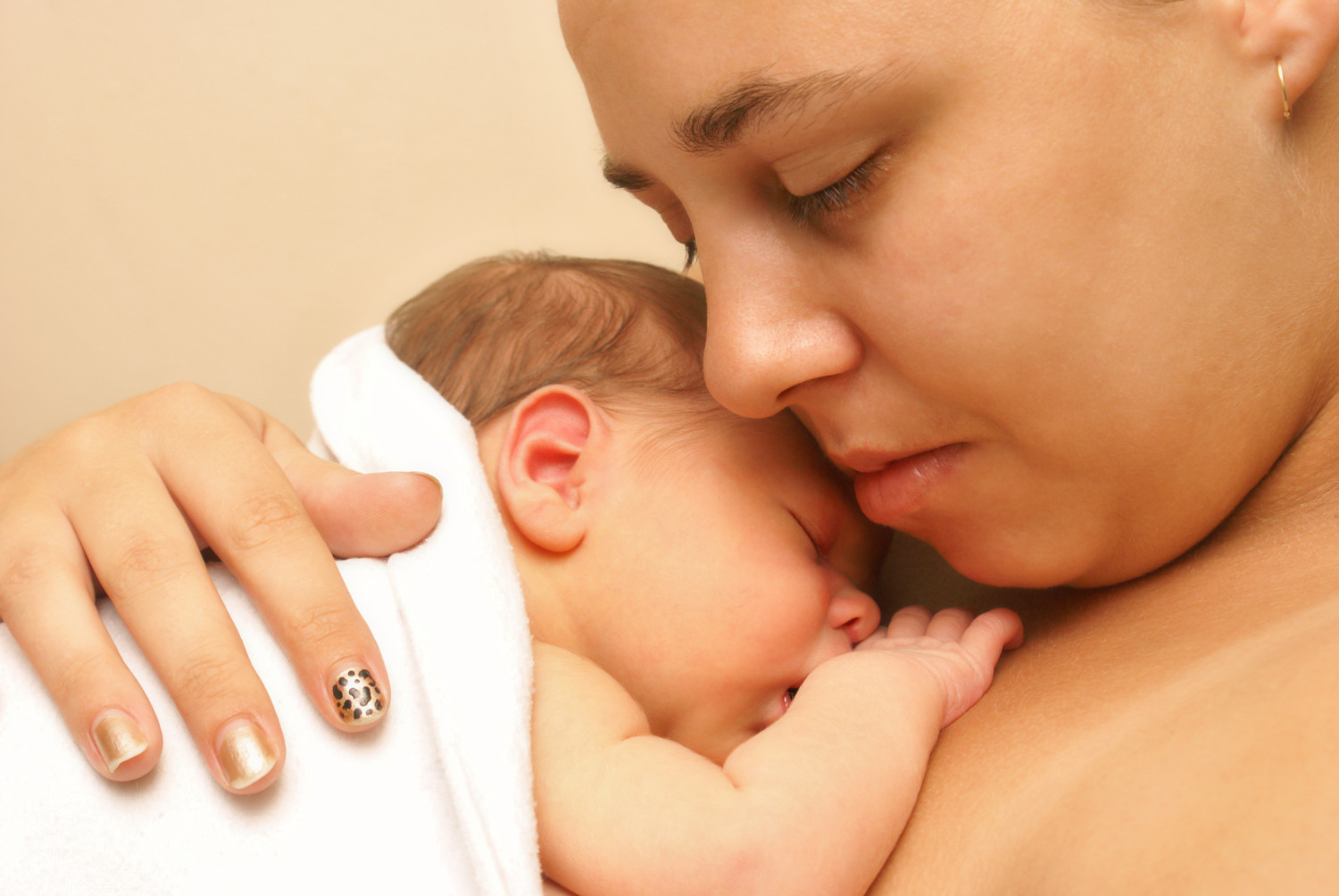If you’ve ever held an adorable baby in your arms and felt like you never, ever wanted to put him or her down, you’re not alone. And there’s actually research to back you up.
In fact, studies show the more you snuggle with your babe, the better off they’ll be. (Twist your arm, right?)
The importance of touch in a baby’s development cannot be overstated, and research suggests holding your baby is more crucial to brain development than we previously understood.
One study — which was conducted at Nationwide Children’s Hospital in Ohio and published in March 2017 — focused on 125 premature and full-term infants.
The researchers wanted to see how babies responded to gentle touch and found that preemies were less likely to respond to touching than their full-term peers.
And sadly, preemies who had been exposed to painful medical procedures were also less likely to respond to touch.

But there’s good news, too. Researchers also found that the premature babies who experienced an increased amount of gentle touch from parents or NICU staff responded more strongly to that gentle touching than babies who were held or touched less frequently.
This increase in responsiveness shows that gentle touching (like rocking and skin-to-skin contact) can help brain development, writes lead researcher Nathalie Maitre. It also shows that if you aren’t already having maximum touch time with your baby, it’s not too late to start. There will still be benefits.
MORE: You can volunteer to cuddle drug-addicted babies to help them heal
Previous studies on everything from worm larvae to rat pups have exhibited the same results: Touch is crucial for a baby’s developing brain.
“Making sure that preterm babies receive positive, supportive touch such as skin-to-skin care by parents is essential to help their brains respond to gentle touch in ways similar to those of babies who experienced an entire pregnancy inside their mother’s womb,” Maitre explained in an interview with Science Daily.

Advocating For Skin-To-Skin Contact
She also advocated for hospitals to get involved in ensuring infants get this important contact, which has been found to provide lifelong benefits.
“When parents cannot do this, hospitals may want to consider occupational and physical therapists to provide a carefully planned touch experience, [which is] sometimes missing from a hospital setting,” she said.
Promoting skin-to-skin contact or “kangaroo care” between newborns and parents has become commonplace in many hospitals and NICUs around the country (barring the sad cases where premature babies are not able to be held).

And this prescription for close contact with Baby isn’t just aimed at moms. Dads commonly get in on the kangaroo care, and in some cases, other close relatives will as well.
One hospital in Atlanta even has an “ICU Grandpa” who steps in to cuddle babies at times when hospital staff or parents can’t.
You Can’t ‘Spoil’ A Baby
If you’re of a certain age, then chances are you’re familiar with the idea that holding a baby will “spoil” him or her.
While many parents inherently know that advice isn’t true, there’s science to prove it, too. Holding a baby — particularly in the earliest months of his or her life — provides many benefits and essentially no downsides (aside from tired parents).
So there you have it. Cuddle to your heart’s content! Your baby’s brain will thank you.
This story originally appeared on Simplemost. Check out Simplemost for additional stories.


